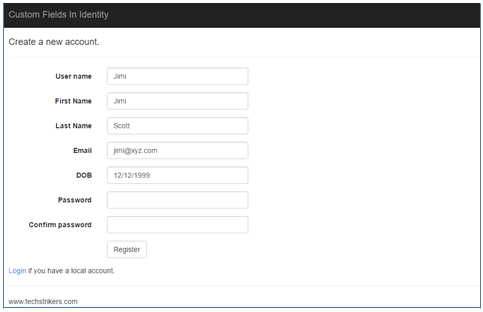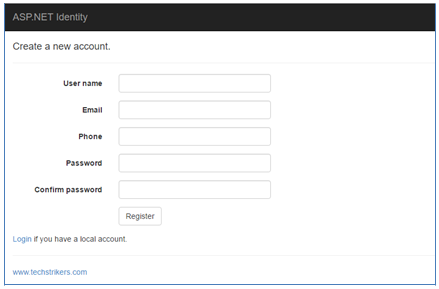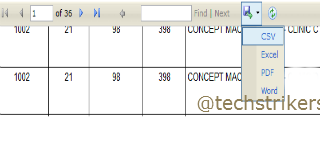Javascript Number Object
In Javascript number type include floating-point and integer values, its wrapper for primitive numeric values.
A Number object is created using the Number() constructor. In Javascript numbers can be divided into two groups:
Integers - The numbers such as 120, -232, and 5.
floating-point - The fractional numbers such as 4.33, -8.422, and .55
In Javascript primitive number can be declared using the literal notation:
Syntax
OR, you can use Number global object directly
Number Properties
Number object has following properties that are part of every object.
| Property | Description |
|---|---|
| MAX_VALUE | Return largest positive representable number in Javascript. |
| MIN_VALUE | The smallest positive representable number in Javascript. |
| NEGATIVE_INFINITY | Represents negative infinity (returned on overflow) |
| NaN | Represents a "Not-a-Number" value |
| POSITIVE_INFINITY | Represents positive infinity (returned on overflow) |
| prototype | Allows to add addition of properties and function to all objects |
| constructor | Returns a reference to the function that created the Number object |
Number Function
The Number object contains only the default function that are part of every object's definition.
| Method | Description |
|---|---|
| toExponential() | Exponential representation of number. |
| toFixed() | Number of digits to appear after the decimal point. |
| toLocaleString() | Return string with language specific representation of this number. |
| toPrecision() | Defines how many total digits (including digits to the left and right of the decimal) to display of a number. |
| toString() | Returns the string representation of the number's value. |
| valueOf() | Returns the number's value. |
Javascript Number Example
Above example will produce following result









